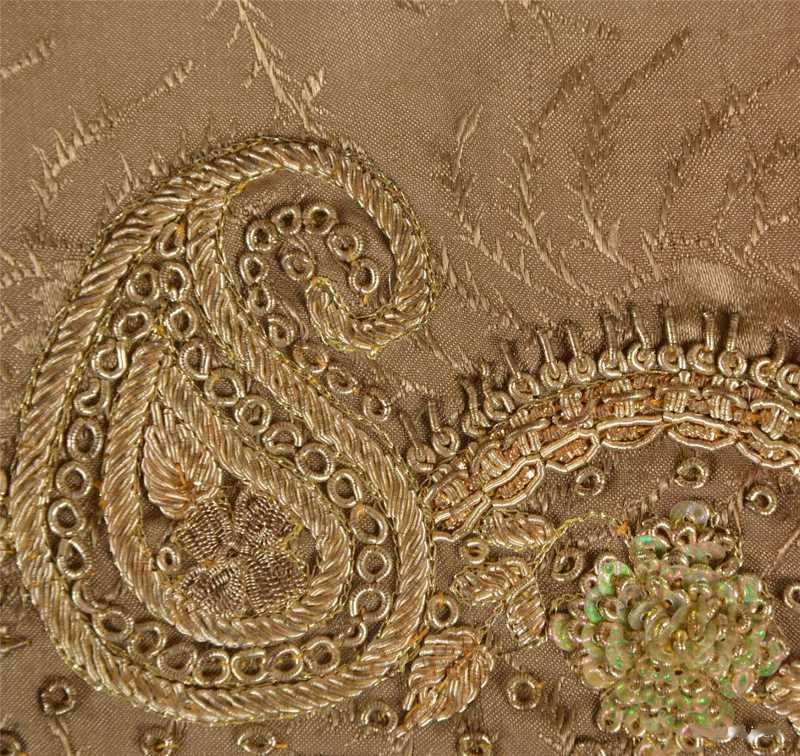===
0770,
5
===

=== |
 |
amaan : 'Security, safety; freedom from fear, ease of mind; protection, safeguard; promise or assurance of security or safety, indemnity, quarter'. (Platts p.80)
FWP:
SETS
MOTIFS == SWORD
NAMES
TERMS == DRAMATICNESSThe use of 'happy-fortuned' [;xvush-na.siib] to mean 'slaughtered' seems like a horribly unattractive euphemism, but of course in the ghazal world it may be perfectly straightforward. The lover's situation may be like that of someone waiting in a long line for something valuable, only to have the window of opportunity close just before his turn comes. Few things are more annoying, frustrating, unjust.
But of course, the lover doesn't really expect anything else. Give him a little time; he can always reframe it into a special 'test' meant for him alone. And in any case, he blames mostly his own ill-fortune for all such adversities.
Note for grammar fans: I initially read the second line as 'in neck-bending, [they/we/I] heard' [gardan-jhukaa))ii me;N to sunaa] because the need for ne is so ingrained in my mind. But it wasn't ingrained in Mir's; see the GRAMMAR page for plenty of other such ne omissions.